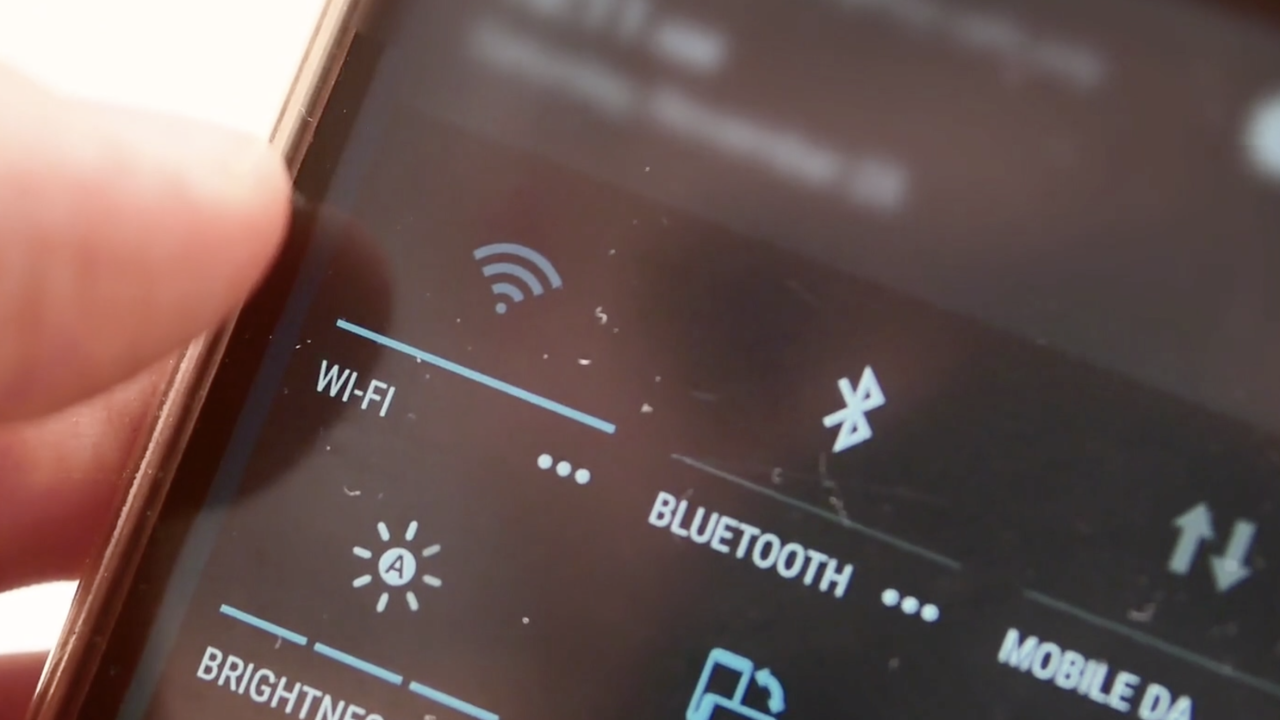With help from your smartphone, you can connect to the internet just about anywhere.
As a result, many of us are on our phones for an hour or two a day, often in very public places, such as enjoying lunch in a public place, or waiting to catch a flight.
But in those cases when your phone shows a weak signal, many of us -- like Cal Klemmer -- use public Wi-Fi.
"It's always fast, and it seems safe enough," he said.
But Paola Mendoza wonders how safe it is.
"I've heard you can get all your information stolen that way," she said.
It is possible, according to security experts.
Jim Desmond with Asurion says smartphone operating systems are a lot better at detecting attacks on Wi-Fi. But they aren't foolproof.
"If you're looking for free Wi-Fi all the time, you're probably going to get yourself into some trouble eventually," he said.
What you can do to protect your phone
He prefers using a hotspot or built-in cellular connection from a trusted company.
If you have to use a free Wi-Fi, he says know which network you’re joining (a generic "Hotel Wi-Fi" may not be the real thing).
And he suggests you use a VPN (virtual private network) to keep your data safe.
"So if there is a man in the middle, in the cafe listening in, it's encrypted," he said,
"It's completely unreadable to them and they can't get those credentials, those things of value they're looking to steal from you."
You can sign up for a VPN service for about $5 a month, according to PC Mag, which lists some of the top rated services.
Another thing to be wary of, he says, are public phone chargers.
Using a public USB port, a scammer can secretly install hardware to steal your information or infect your device, which is called "juice jacking."
While less common than other scams, Desmond says public USB port scams do happen.
So he suggest you use power outlets to charge your device, not just the USB cord.
And if you get a notification on your phone, asking if you trust a device while in public, Desmond says don't do it.
"Do not trust it, say no," he cautoned. "You can still get juice from them, but honestly, I would just pull the plug all together at that point.
Chad Barriehaus say he tries to be smart when it comes to using public Wi-Fi.
"I wouldn't be doing any banking or things like that," he aid."It's more for getting around, maps and stuff like that."
And that way you don't waste your money.
_________________________
"Don't Waste Your Money" is a registered trademark of Scripps Media, Inc. ("Scripps").
Follow John:
- Facebook:John Matarese Money
- Instagram: @johnmataresemoney
- Twitter: @JohnMatarese
For more consumer news and money saving advice, go to www.dontwasteyourmoney.com



